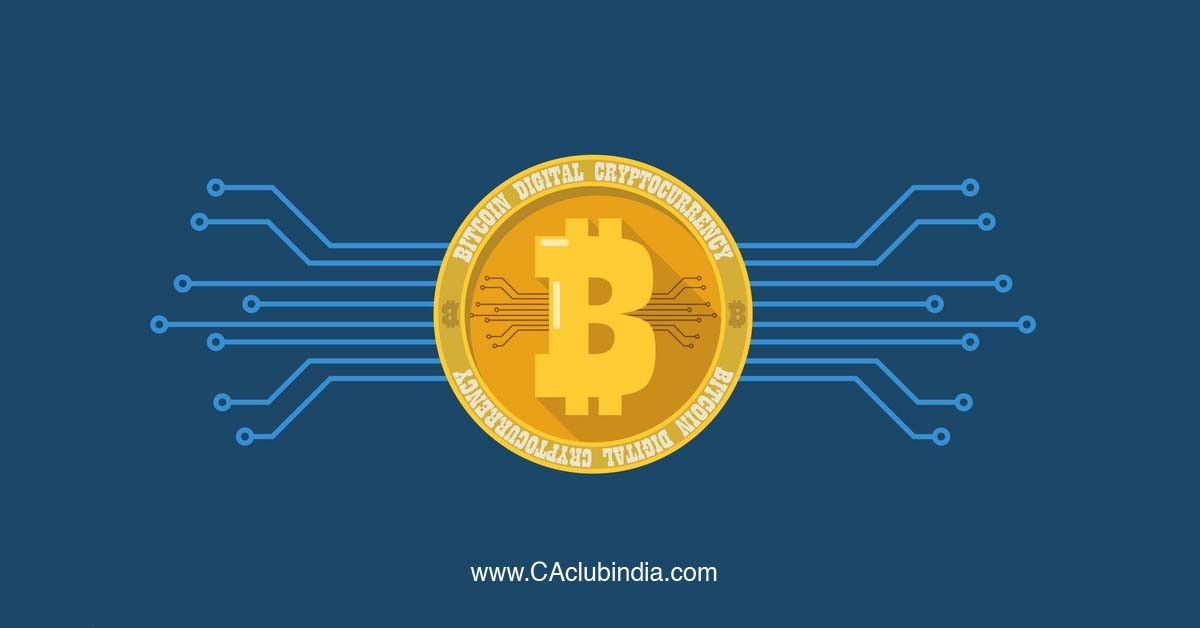1. Misunderstanding the 30% Flat Tax
- What's missed: Many investors believe the 30% tax is applied only on net gains across transactions.
- Reality: Under Section 115BBH of the Income Tax Act (introduced in Budget 2022), the flat 30% tax is on every gain - no deductions allowed except the cost of acquisition.
- Impact: You can't offset losses from one crypto trade with gains from another.
Missed Insight: No set-off allowed against income from other heads (like salary/business), and losses cannot be carried forward.

2. 1% TDS Compliance Failures
- What's missed: The 1% TDS under Section 194S applies to every transaction above ₹10,000 annually per exchange (₹50,000 for specified persons).
- Reality: Both buyers and platforms may be liable to deduct and remit this TDS.
- Impact: Businesses and high-frequency traders often overlook TDS obligations, which can lead to notices, penalties, or even disallowances.
Tip: Even peer-to-peer trades (off-exchange) require the buyer to deduct TDS if the seller is an Indian resident.
3. Incorrect Classification of Assets
- What's missed: Many businesses treat crypto assets like inventory or foreign currency.
- Reality: The Income Tax Act treats crypto as Virtual Digital Assets (VDAs) with a distinct taxation regime.
- Impact: Misclassification can lead to flawed tax positions or misreported income.
Example: Accounting crypto on a mark-to-market basis (common in trading firms) conflicts with Indian tax treatment unless clarified with tax advisors.
4. GST Implications Ignored
- What's missed: Crypto is not exempt from GST implications on services or facilitation.
- Reality: Platforms offering wallet, exchange, or facilitation services must charge 18% GST.
- Impact: Crypto businesses often fail to register under GST or miscalculate their liability.
Potential Risk: If you're offering services using crypto, or charging in crypto, GST liability applies, and failure to comply can trigger audits.
5. Crypto Earned from Foreign Sources
- What's missed: Investors earning crypto through mining, staking, airdrops, or freelance work from abroad may forget to declare it as foreign income.
- Reality: India has strict disclosure norms for foreign assets and income in ITRs.
- Impact: Non-disclosure can lead to prosecution under the Black Money Act or FEMA.
Note: Even wallets or accounts on foreign exchanges (Binance, KuCoin) are considered foreign assets.
6. Lack of Documentation & Audit Trails
- What's missed: Crypto users often do not maintain proper transaction logs, invoices, or TDS proofs.
- Reality: The IT Department may demand full audit trails during scrutiny.
- Impact: Missing records can lead to additions to income or penalty proceedings.
Best Practice: Maintain CSVs from exchanges, screenshots of transactions, wallet addresses, and TDS certificates.
7. Off-chain Transactions & P2P Trades
- What's missed: Many believe that off-chain or P2P trades escape tax or tracking.
- Reality: Income is still taxable in India based on residency, regardless of how it's received.
- Impact: These are red flags in IT scrutiny and often lead to mismatches with bank deposits.
Key Advice: Keep a reconciliation between crypto inflows/outflows and your bank statements.
8. Regulatory Uncertainty = Complacency
- What's missed: Believing "crypto is unregulated" equals "crypto is untaxed".
- Reality: While regulatory clarity is evolving, the tax framework is already enforced.
- Impact: Ignoring taxes now can lead to high interest and penalty costs later.
Smart Move: Treat crypto tax compliance as proactive risk management, not a choice.
Final Takeaways
|
Stakeholder |
Common Miss |
Risk |
What to Do |
|
Investors |
Not accounting for TDS and losses |
Scrutiny, penalty |
Keep detailed records, pay TDS |
|
Businesses |
Ignoring GST & classification |
Tax mismatch |
Register for GST, classify assets right |
|
Freelancers |
Not declaring crypto income from abroad |
Foreign asset non-compliance |
Disclose in ITR, consult CA |
|
P2P Traders |
Believing tax doesn't apply |
Tax |










 CAclubindia
CAclubindia
